Religion and science have often been considered as two distinct and separate spheres, with religion concerned with questions of meaning and purpose, and science focused on understanding the natural world through empirical observation and experiment. However, the relationship between religion and science is complex, and has been the subject of much debate and discussion throughout history.
The relationship between religion and science has been a contentious issue for centuries, with some individuals and groups perceiving a fundamental conflict between the two. One of the main areas of conflict has been the concept of evolution, which has been met with resistance from religious groups who believe in creationism. These groups argue that the scientific theory of evolution contradicts the religious belief in a divine creator, and therefore cannot be true.
Similarly, there have been debates over the origins of the universe and the age of the earth, with some religious groups rejecting scientific findings that conflict with their beliefs. For instance, some religious groups believe that the universe was created in six literal days, while scientists estimate that it is over 13 billion years old. This disagreement has led to ongoing debates over the relationship between religion and science and the extent to which their beliefs can be reconciled.
There have also been instances where religion and science have been seen as complementary or harmonious. For example, many religious individuals see the beauty and complexity of the natural world as evidence of a divine creator. Some scientists also see their work as a means of understanding and exploring the wonders of the world and the universe, which they may view as a manifestation of the divine. Moreover, there have been religious figures and movements that have encouraged scientific exploration and discovery, such as the medieval monasteries in Europe that were centers of learning and scientific advancement.
The relationship between religion and science is a complex and multifaceted one, and there are many different views on how they relate to one another. Some people believe that religion and science are completely incompatible, while others believe that they can coexist and support one another. Ultimately, the relationship between religion and science is shaped by a variety of historical, cultural, and individual factors, and will likely continue to evolve over time.
Despite their potential conflicts, religion and science can also provide valuable perspectives on important issues facing humanity. For example, religion can provide a framework for ethical and moral decision-making, while science can provide important information and insights about the natural world and our place in it. By considering both religious and scientific perspectives, individuals and societies may be better equipped to make informed decisions and to understand the complexities of the world around them.
Despite the potential conflicts between religion and science, it is possible for both to coexist and even support each other. Science can provide a means of understanding the natural world, while religion can offer a sense of meaning and purpose. Moreover, religion can help to contextualize scientific discoveries and ensure that they are used in ethical and responsible ways.
Some religious groups have found ways to reconcile their beliefs with scientific findings. For example, some religious leaders and organizations have adopted theistic evolution, which allows for a belief in God and divine creation while accepting the scientific evidence for evolution. This can provide a way for religious individuals to reconcile their faith with the scientific understanding of the natural world.
Another way in which religion and science can coexist is by focusing on different aspects of reality. Science provides an understanding of the physical world, while religion focuses on the spiritual and moral dimensions of life. By recognizing their distinct domains, it is possible for both religion and science to complement each other and offer a more comprehensive understanding of the world and our place within it.
Additionally, religion can play a positive role in shaping the way science is applied and used in society. For example, many religious leaders have spoken out on ethical issues such as genetic engineering, climate change, and the use of technology, offering a moral perspective that can inform and guide scientific decision-making.
Therefore, the relationship between religion and science is complex and multifaceted, with instances of both conflict and harmony. While there may be some areas of disagreement, it is possible for both to coexist and support each other, providing a rich and diverse understanding of the world and our place within it.

![]()





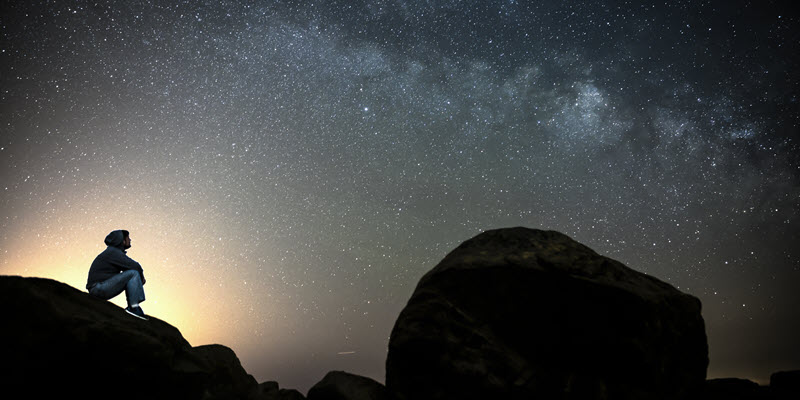
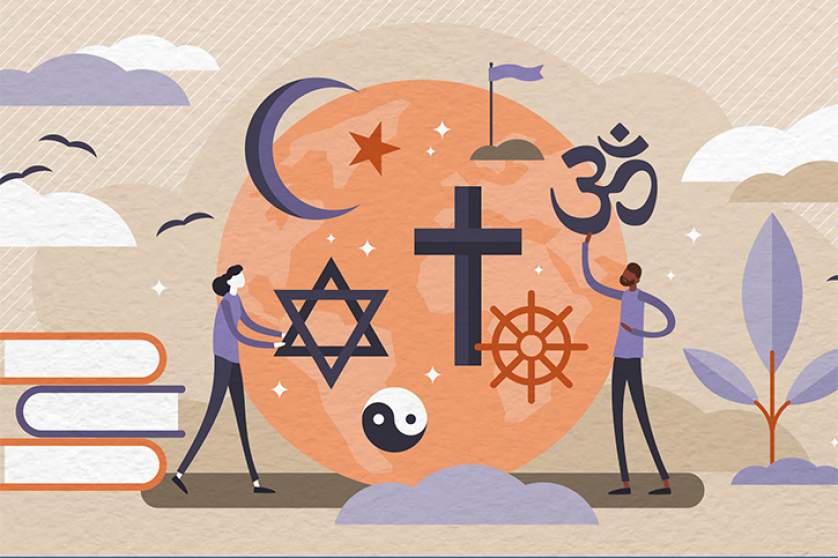




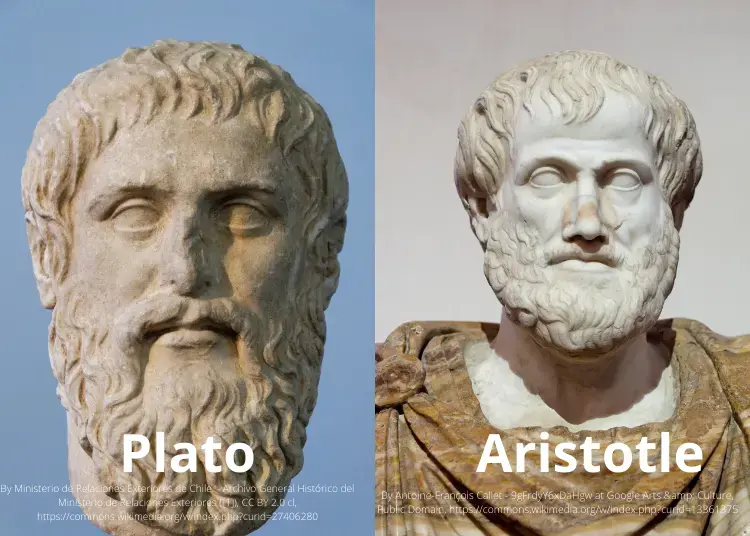



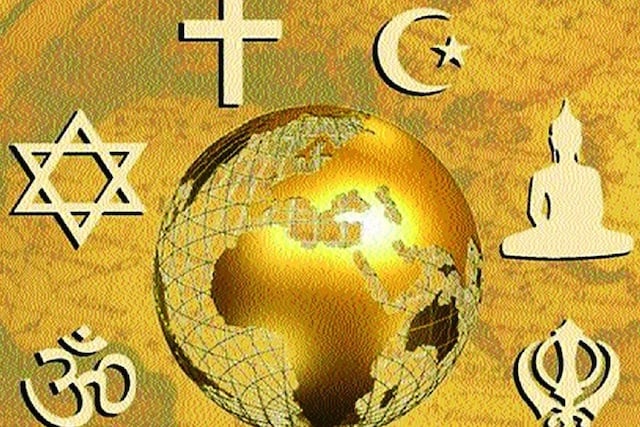

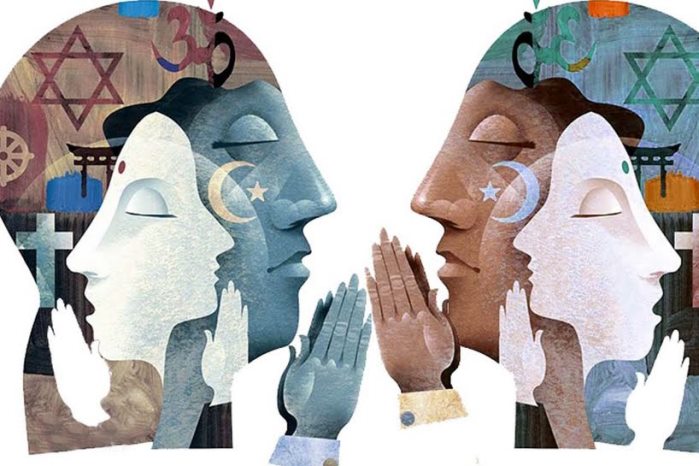



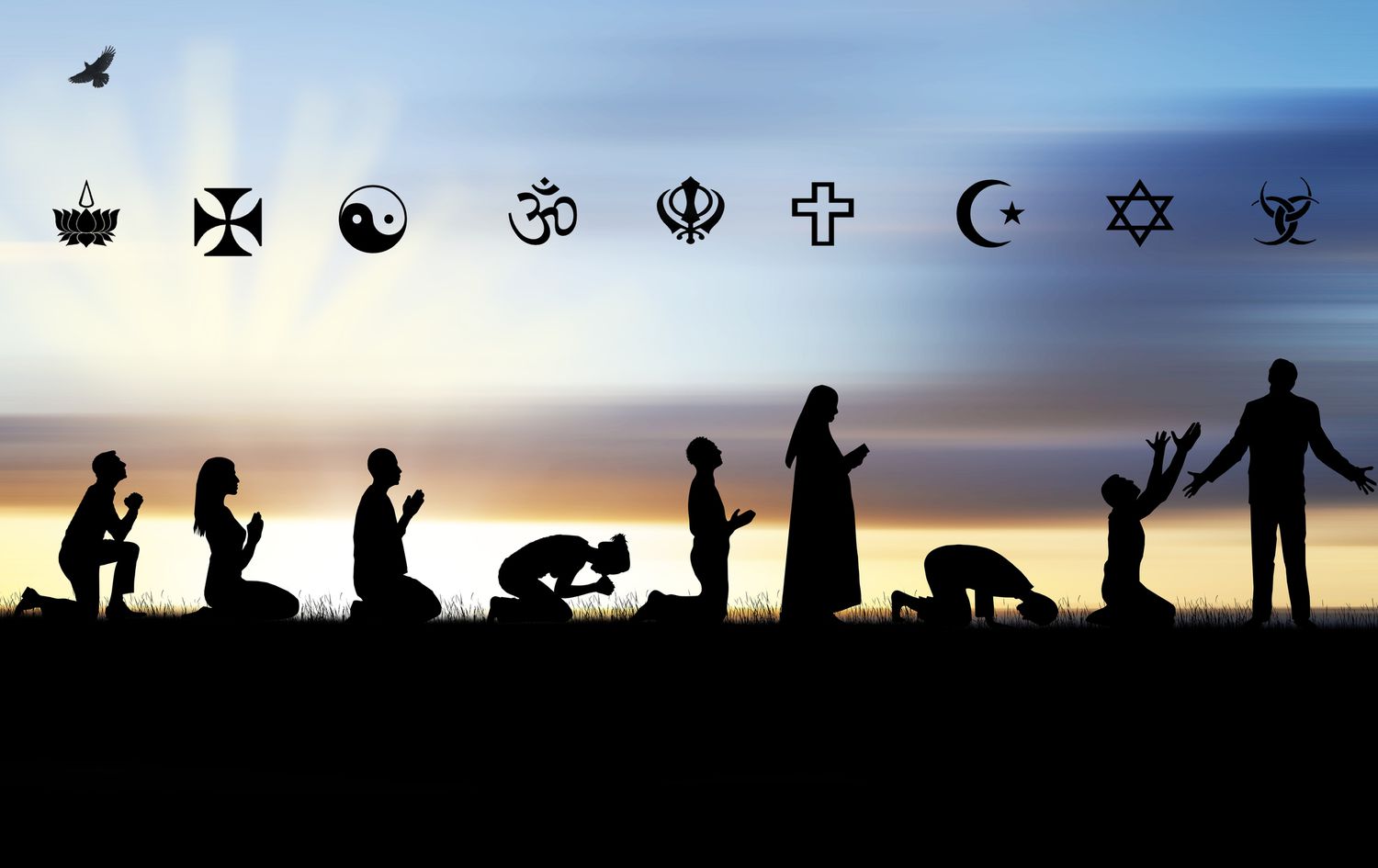
GIPHY App Key not set. Please check settings